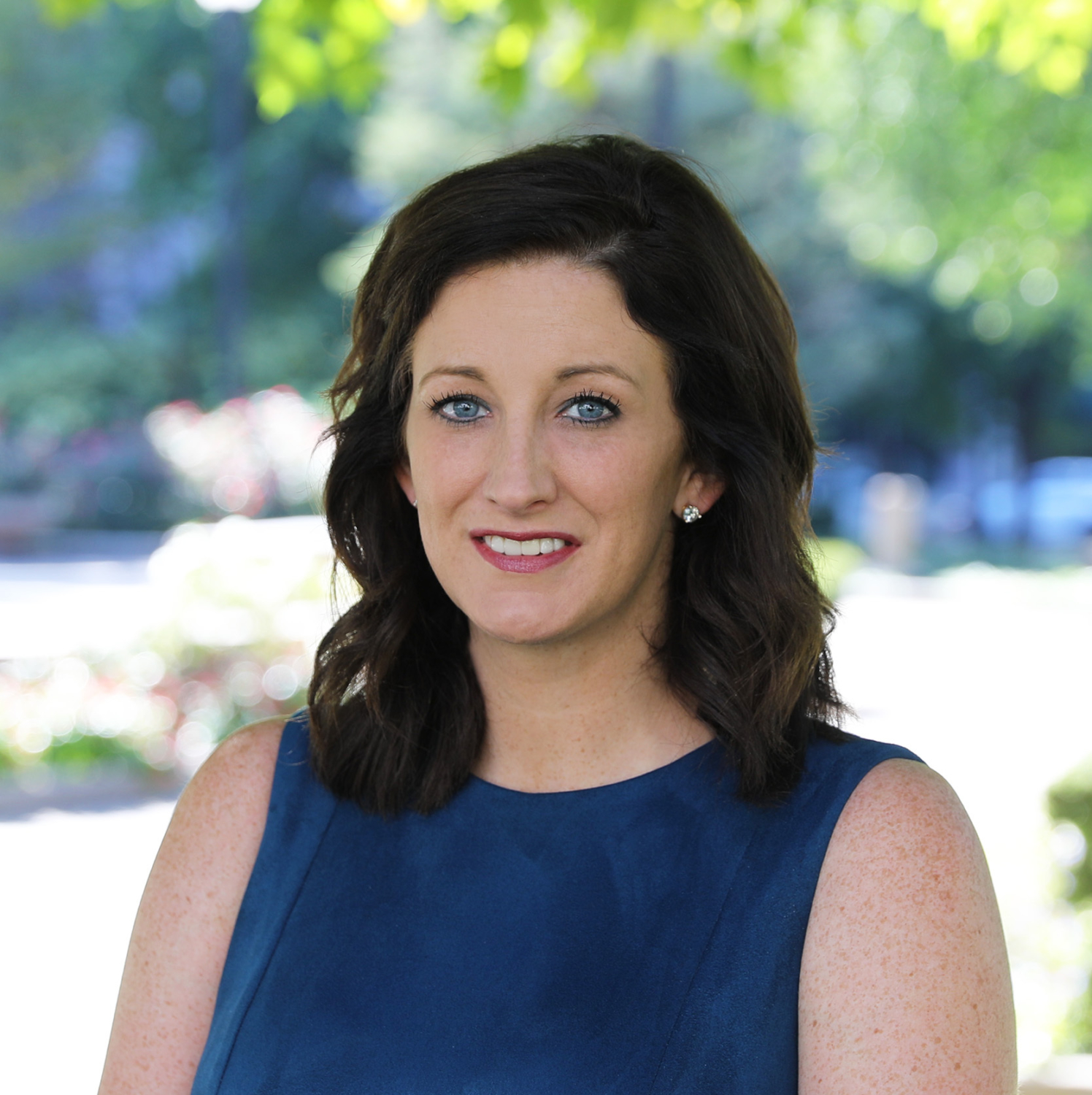Where U.S. Governors Stand on School Choice – 2024
This month, 11 states held gubernatorial elections, with three incumbents seeking re-election and eight not eligible or not seeking re-election.
We searched candidates’ campaign websites, media hits, and speech transcripts to gauge where each of them stands on school choice—specifically private educational choice policies, such as education savings accounts (ESAs), school vouchers, refundable tax credits, and tax-credit scholarships.
Keep in mind that past support of or opposition to choice reforms does not necessarily mean a proposal will succeed or fail, but a governor’s position serves as a likely indicator of what could happen if a bill were to reach his or her desk.
This year, we also provide updates on governors we ranked as “unclear” in our 2022 blog post. States that did not have gubernatorial elections or where governors’ stances remain unchanged are not listed.
Lastly, if you think one of our ratings is incorrect, please contact media@edchoice.org, and we’ll review our information.
Delaware
Matt Meyer (D)
Educational choice supporter? No
Matt Meyer is on record opposing educational choice. At an October debate, Meyer called the concept of a voucher program “very dangerous,” framing it as an attempt to “drain the public school of resources,” and said it would, “devastate a public school system that is already struggling.”
Indiana
Mike Braun (R)
Educational choice supporter? Yes
In a quote provided on his campaign website, Braun states, “As a father and former school board member, I know parents are the primary stakeholders in their kids’ education. My future-focused education plan puts Hoosier kids and parents first, raises teacher pay and incentive, ensures that our kids are safe, and puts Indiana schools on the path to become the best in the nation.” His website also provides details of a Freedom and Opportunity Agenda Plan, focusing on seven key areas, including school choice. Specifically, Braun’s first item on the agenda is Universal School Choice for Every Hoosier Family- expand school choice programs, reform the Choice Scholarship Program, and double the Education Scholarship Account Program for families with special needs.
Missouri
Mike Kehoe (R)
Educational choice supporter? Yes
During his early 2023 announcement, school choice was among one of his four policy priorities. In an interview with Missourinet, he shared an early priority to expand school choice, and was quoted saying “Education is a huge issue, giving parents and children the choice to make sure they’re getting the right educational opportunities…” Kehoe has been on the record as a supporter of the 2024 education omnibus legislation which expanded Missouri’s Empowerment Scholarship Accounts as well.
Montana
Greg Gianforte (R), Incumbent, 2021
Educational choice supporter? Yes
Gianforte has been a strong advocate for educational choice since his election in 2021, guiding Montana in expanding opportunities for families through additional private choice programs, such as a special needs program, and the establishment of charter schools known as community choice schools. Additionally, the tax credit scholarship program has been expanded and grown under his governorship.
In his State of the State address in 2023, Governor Gianforte said, “Too often throughout our country, we’ve seen education bureaucrats fighting to keep parents out of their kid’s education. Let’s me clear – government should never stand between parents and their kid’s education. Every parent knows each child is unique. Let’s ensure each child’s education best meets his or her individual needs.” This strong message from the governor highlights his continue support for parental choice in education.
New Hampshire
Kelly Ayotte (R)
Educational choice supporter? Yes
On the campaign trail, Kelly Ayotte expressed her support for expanding New Hampshire’s Education Freedom Account (EFA) Program to universality. When asked about the program on Drew Cline’s radio show, she said, “I support universal education freedom.” Currently, the EFA Program’s eligibility is limited to families with incomes at or below 350% of the federal poverty line (FPL), with universal funding and usage.
North Carolina
Josh Stein (D)
Educational choice supporter? No
When asked about his plan for North Carolina’s Opportunity Scholarships program last month, Josh Stein hinted at drastically scaling back the program. He stated, “I certainly wouldn’t have done what the legislature did this year, which was to open it up to anyone, irrespective of how much money they have and whether they went to a public school or not. I could potentially go back to where it used to be, which was for low-income kids in public schools who needed it …”
Last year, North Carolina’s legislature expanded the Opportunity Scholarships program to offer universal eligibility with a funding cap. With more student applicants applying to participate than funds available, there are currently about 55,000 students on the waitlist, showcasing the immense demand for educational options among families in the Tar Heel State. This year, a bill was passed to appropriate an additional $248 million in nonrecurring funds for this school year and $215.15 million in recurring funds. The new nonrecurring funds will immediately fund all current waitlist applicants, and the new recurring funds will help incrementally bring the funding cap to $800 million by 2031.
Roy Cooper, the outgoing incumbent governor, vetoed the legislation, but the legislature is expected to override it by the year’s end. If Stein gets his way, tens of thousands of students will be stripped of their scholarships, likely leaving many families scrambling to make up the difference or change schools.
North Dakota
Kelly Armstrong (R)
Educational choice supporter? Yes
Armstrong’s Congressional page outlines his long-held support for parents’ rights to education their children at home or at private or parochial schools, and opposition to any efforts which infringe on the education rights of parents. In an October 2024 debate, Armstrong affirmed his belief in school choice, but refused support of a voucher program- sharing skepticism that private schools could raise tuition rates.
Utah
Spencer Cox (R), Incumbent, 2021
Educational choice supporter? Yes
Governor Spencer Cox has long advocated for public school reform and backed increasing teacher salaries. Previously, he opposed school choice and blocked the passage of an education savings account program in the state. His strategic support of the Utah Fits All Scholarship Program was coupled with a teacher pay raise package in 2023. While politically motivated, Cox has continued to support the program since its passage.
Vermont
Phil Scott (R)
Educational choice supporter? Yes
Phil Scott is on record supporting educational choice. This year and in prior years, he recognized School Choice Week in an official proclamation. One line from this year’s proclamation reads, “School Choice Week is celebrated across the country by millions of students, parents, educators, schools, and organizations to raise awareness of the need for effective educational options.”
Vermont is home to the nation’s oldest continuous educational choice program. Launched in 1869, families living in towns without a public school may use a voucher paid for by the town to attend a public or private school in or out of state. With some in the state legislature seeking to restrict or abolish the program, Scott’s veto pen may play an important role in protecting the program in the coming months and years.
Washington
Bob Ferguson (D)
Educational choice supporter? No
Ferguson is the son of a public-school special education teacher. The newly elected governor has shared a comprehensive plan largely focused on expanding access to universal Pre-K and access to financial aid for higher education. In his interview with The Seattle Times Editorial Board he stated that he would like taxpayer dollars directed exclusively towards public education, not charter or private schools.
West Virginia
Patrick Morrisey (R)
Educational choice supporter? Yes
As Attorney General and a candidate for Governor, Patrick Morrisey has a record of supporting West Virginia’s Hope Scholarship Program, which brought universal choice to the Mountain State. Last month, he signaled his support when asked about the program in a gubernatorial debate. He said, “We have to have the best education system … the quickest way we do that is by having the Hope Scholarship be very broad.” In 2022, as Attorney General, he appealed a county ruling blocking the program’s launch. The state’s Supreme Court later ruled Hope Scholarship as constitutional.
EdChoice determined the stance of several governors elected in 2022 as “unclear.” We provide an update below.
Hawaii
Josh Green (D)
Education choice supporter? Limited
This year, Josh Green issued a proclamation designating January 21-27 as School Choice Week. However, the Governor’s office emphasized that the move did not signal any changes in policy goals and has not signaled support for ESAs, vouchers, refundable tax credits, or tax-credit scholarships.
Idaho
Brad Little (R)
Education choice supporter? Yes
In his 2024 State of the State Address, Brad Little said, “I have stated over and over that I will continue to champion a fair, responsible, transparent, and accountable approach to expanding school choice in Idaho, one that does not draw resources away from our public schools.” Little is likely to sign a high-quality private school choice program if sent to his desk.
Illinois
J.B. Pritzker (D)
Education choice supporter? No
After vowing to defend the program, J.B. Pritzker did nothing to stop the legislature from killing the Invest in Kids Program late last year, allowing it to sunset. Around 10,000 low-income, mostly Black and Hispanic children, along with over 1,000 underprivileged Jewish children lost their scholarships.
Maryland
Wes Moore (D)
Education choice supporter? No
This year, in budget negotiations, Wes Moore supported an effort to cut funding for and eventually phase out BOOST, Maryland’s existing low-income educational choice program.
Massachusetts
Maura Healey (D)
Education choice supporter? Still unclear
Based on public statements, it is unclear where Maura Healey stands on school choice. However, she has not moved to advance ESAs, vouchers, refundable tax credits, or tax credit scholarships.
Other Updates from 2022
In 2023, facing pressure from his party in the House, Pennsylvania Gov. Josh Shapiro line-item vetoed Lifeline/PASS Scholarships from the budget, a program he publicly supports. Later in the year, he called efforts to advance the program “unfinished business.”
During the 2024 budget session, Wyoming Gov. Mark Gordon used his line-item veto to severely restrict eligibility for what was a broad ESA program passed by the legislature.





